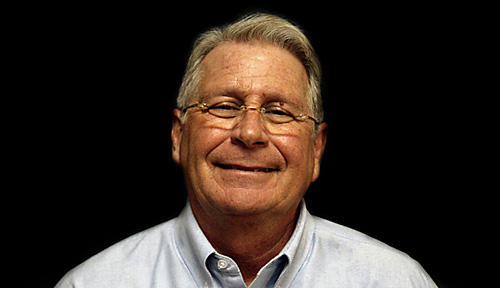When I was first asked to write this piece for The Maroon, I was tempted to decline. My assignment from the editor was to write about the planning process for the upcoming Loyola student conference on world peace.
The conference is scheduled for the week of March 23, 2009 and Loyola students are planning and organizing the event. I thought how this is a student conference, and the article should be written by a student.
Then it occurred to me that this is an opportunity to lend a little institutional support to a student led initiative.
Institutions have a way of throwing cold water on an event that they mean to support, so I need to be careful here.
Many students are involved in the planning process at this point, and all of them are doing a great job; it’s impossible for me to mention them all by name. Rather than talk about who they are, let me tell you a little bit about what they do.
They are committed to finding creative solutions to an age- old problem — war — and the conditions that create it. I know what you must be thinking.
How can a handful of students, however bright they might be, have any impact on so
large of a problem? The short answer is that they can do much more than you think.
Despite all the problems we read about in the world economy today, with the Group of 20 meeting in Washington and the Big Three asking for bail outs, we do live in an economy of ideas. Universities are about ideas, essentially.
They have the potential to play a leading role in an age of information. The hope of the Loyola students is to start small this year and then link up with other universities as a problem- solving network for world peace. That wouldn’t have been possible when I was in college in the 1970s. It is today.
Obviously Loyola University New Orleans cannot bring about world peace by itself, but it can be part of larger global network committed to research, dialogue and community development, and it can help start the process.
Far be it from me to discourse on scripture, but there is a phrase that keeps coming back to me, words that Jesus spoke to his followers in the Gospel of Matthew, “You are a light, a city on a hill that cannot be hid.” The students involved in the planning process for the peace conference are, I think, like a city on a hill.
They are a model of cooperation and good will. Last week, I had to miss a committee meeting, and I felt like the loss was mine personally.
The students set a worthy example for me about how institutions can cooperate and get things done, an example I think we all can learn from.
We talk a lot on this campus about being persons for others. I must be candid with you and say I don’t fulfill that ideal nearly as well as I’d like, but I can’t think of anyone better approaching it than these students.
If you’d like to get involved, just e-mail me at [email protected], and I’ll get you connected with the right people.
I’d like to close with a saying attributed to Rabbi Hillel from the first century of the Common Era. People use it a lot but I think it makes sense here.
“If I am not for myself, who will be for me; but if I am only for myself, then what am I? And if not now, when?” Notice that the Rabbi doesn’t tell us what to do. He merely asks us to ask ourselves what we should do. That’s what I’m asking you to do. Just ask yourself the question.
Roger White is the vice provost of academic affairs and an associate professor in the political science department.







